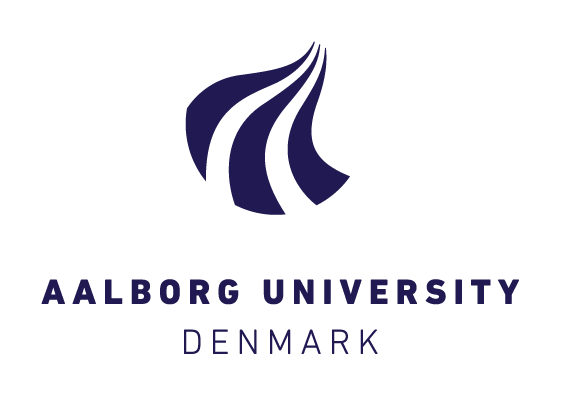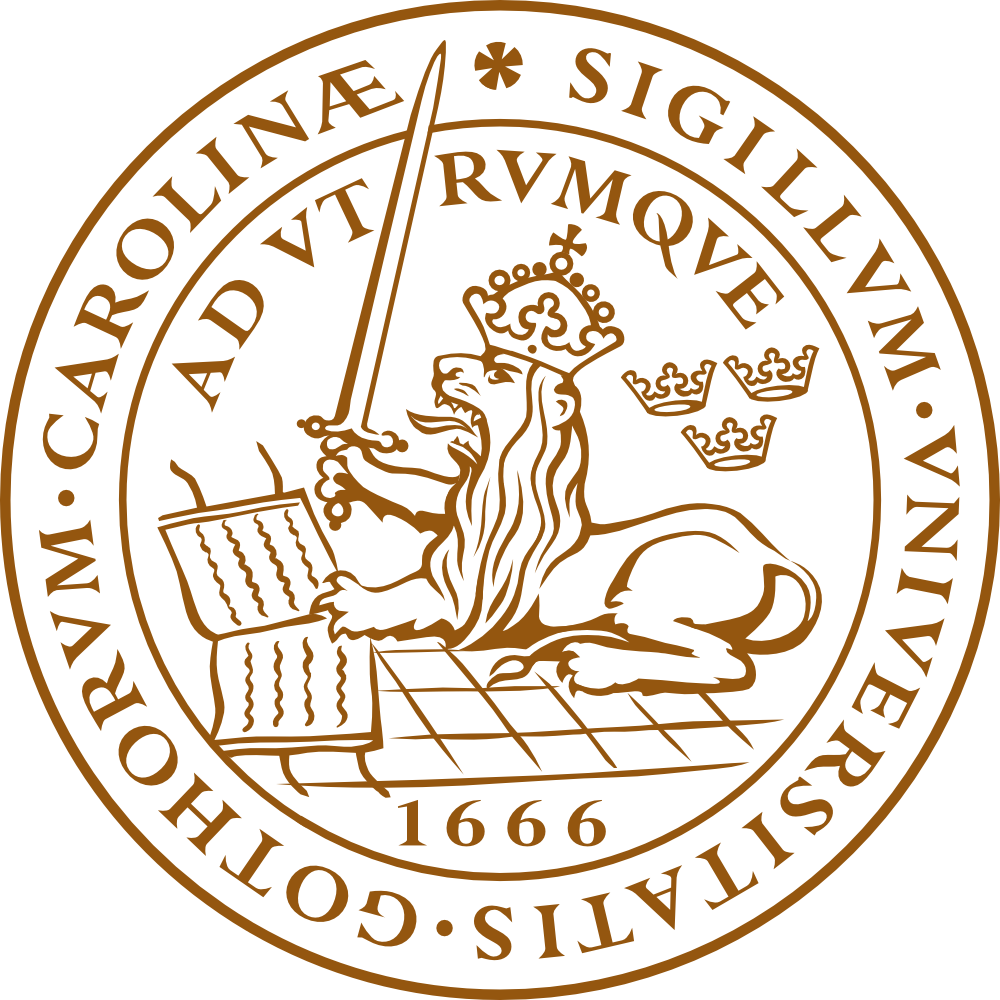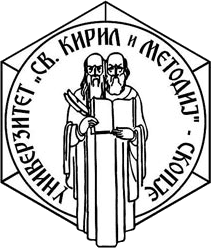Technical University of Denmark (P7)

Technical University of Denmark - DTU (www.dtu.dk) was founded in 1829 and is nowadays internationally recognized as a leading University in the areas of technology and the natural sciences in Northern Europe. DTU with its 19 departments and 106 study programs employs around 2000 staff engaged in teaching, research, innovation and services to industry and public organisations. At present around 10000 students and 1000 PhD students are studying at DTU. The Department of Management Engineering (DTU-MGT) has 279 employees including 68 PhD students. DTU-MGT is divided into 5 sections and 2 centres with different disciplinary perspectives, ranging from the Management Science to the Quantitative Sustainability Assessment, to the UNEP Risø Centre on Energy, Climate and Sustainable Development (URC) that supports the United Nations Environment Programme (UNEP). The department also hosts the newly initiated Global Decision Support Initiative – GDSI – with the dedicated task of establishing frameworks, metrics, methods and tools for risk and sustainability informed decision support. Education and dissemination forms a central role for the GDSI.













